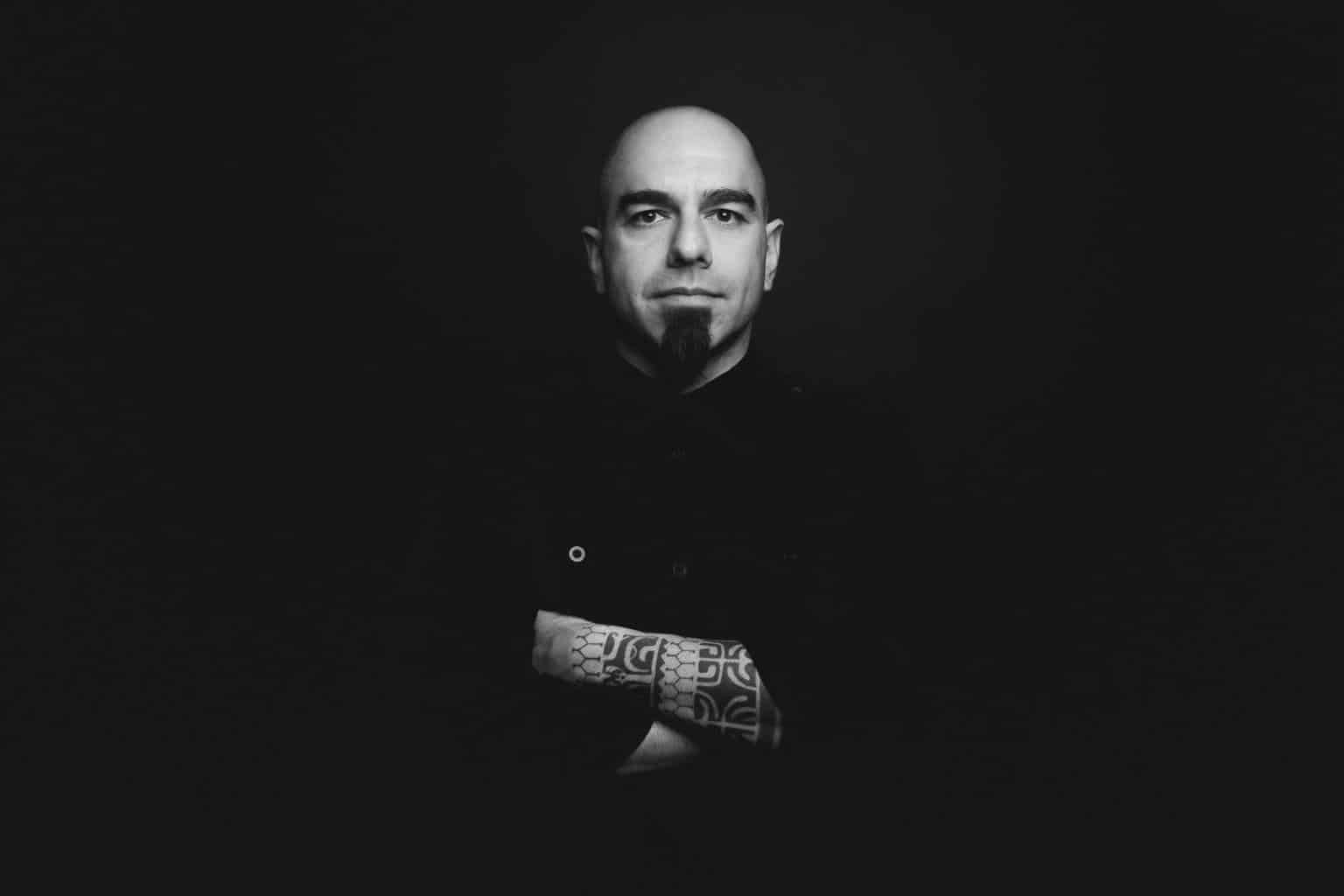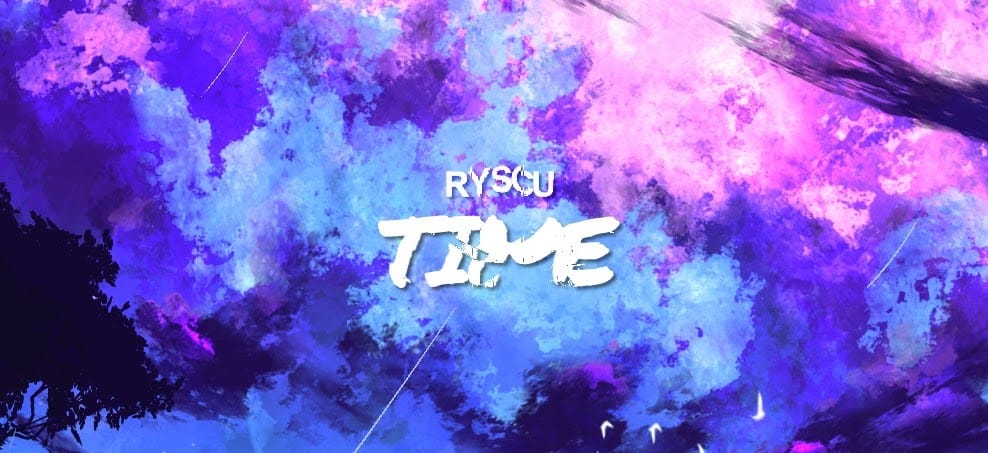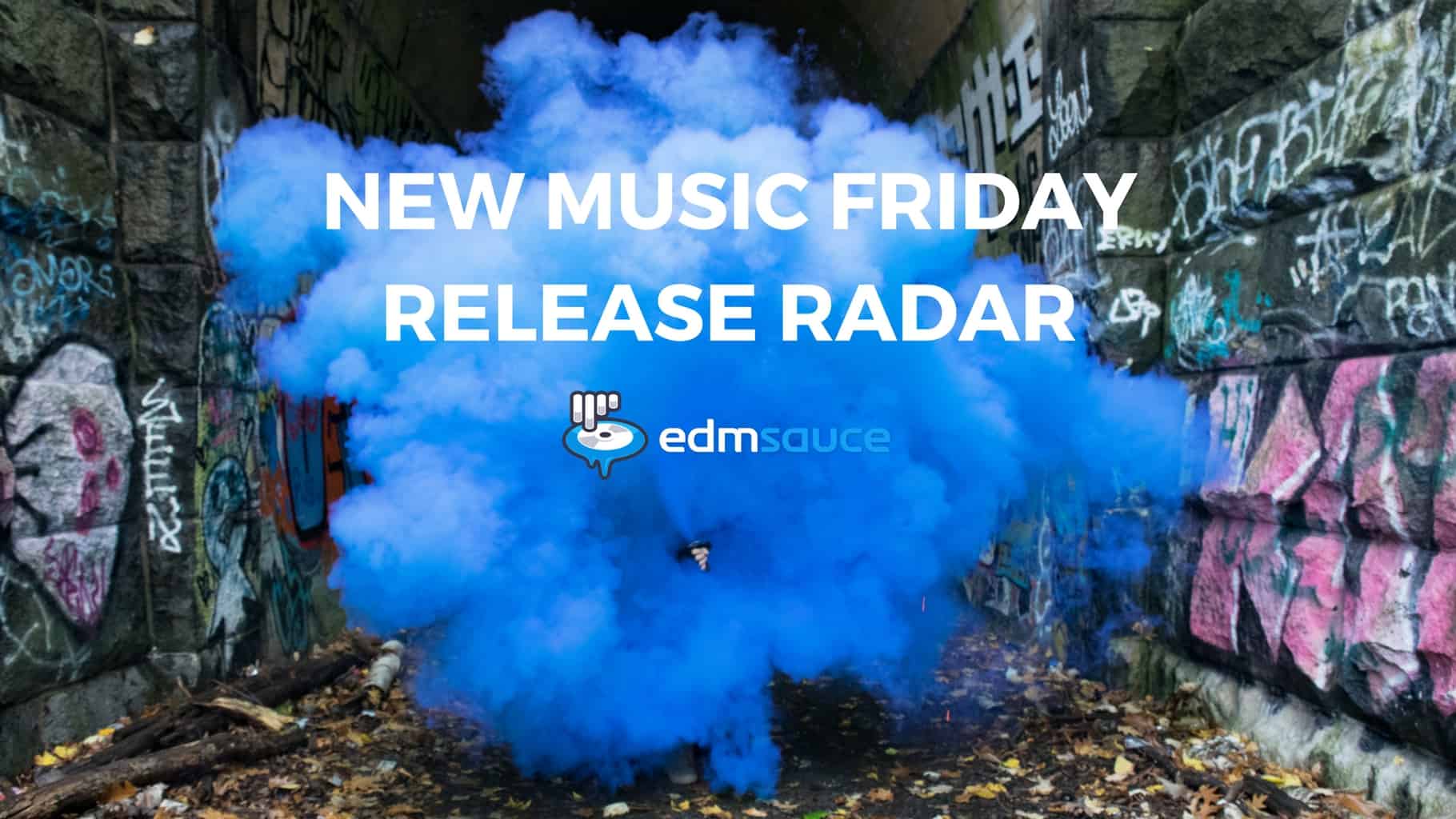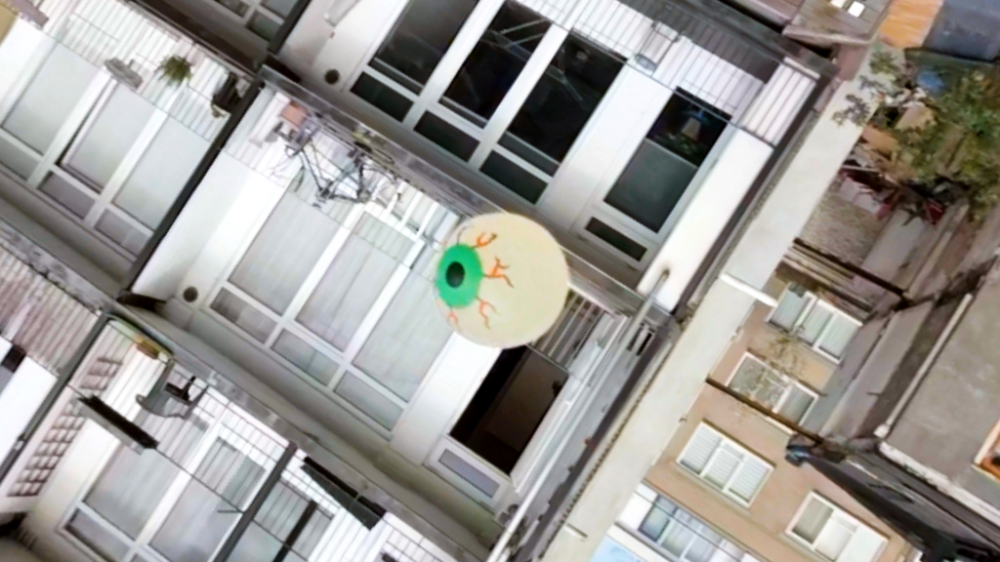
Mark Prendergast documents digital free fall with the dizzying EYE FALL
A meditation on contemporary instability and the lyricism of small gestures.
EYE FALL is a dizzying meditation on the digital image from artist and filmmaker Mark Prendergast. Using a wide array of imaging tools and editing techniques, Prendergast deftly draws together a jumbled assemblage of video material and digital ephemera into a non-linear reflection on the world viewed through a small screen. “It was made in a period where there were a whole lot of ideas and observations floating around,” explains the artist, “so this work isn’t really about one thing in particular but it’s the end product of around 18 months of thinking about what it is to be a maker in the current visual/cultural climate.” Cutting between footage of his friends, animals, children and objects, Prendergast crafts a kind of videographic free verse, a poetic response to everyday life mediated by digital media, for digital media.
“The initial starting point for the work was that I wanted to explore the feeling of being in free fall,” continues Prendergast. “I was feeling – and still feel – that in this contemporary moment the ground is quite unstable and were all in a collective state of free fall. It seems like we’re in the middle of a paradigm shift where meaning, roles, genres, rules of representation, everything is all up for grabs, so I wanted to make a work which is a kind of meditation on the digital image and where we’re all at right now.” This instability pervades every frame of the piece, with rapid transitions, schizophrenic snatches of dialogue and constantly shifting points of focus weaving together a non-linear narrative from which themes, characters and symbols bubble to the surface. The result is like watching a film algorithmically generated from a stranger’s camera roll.
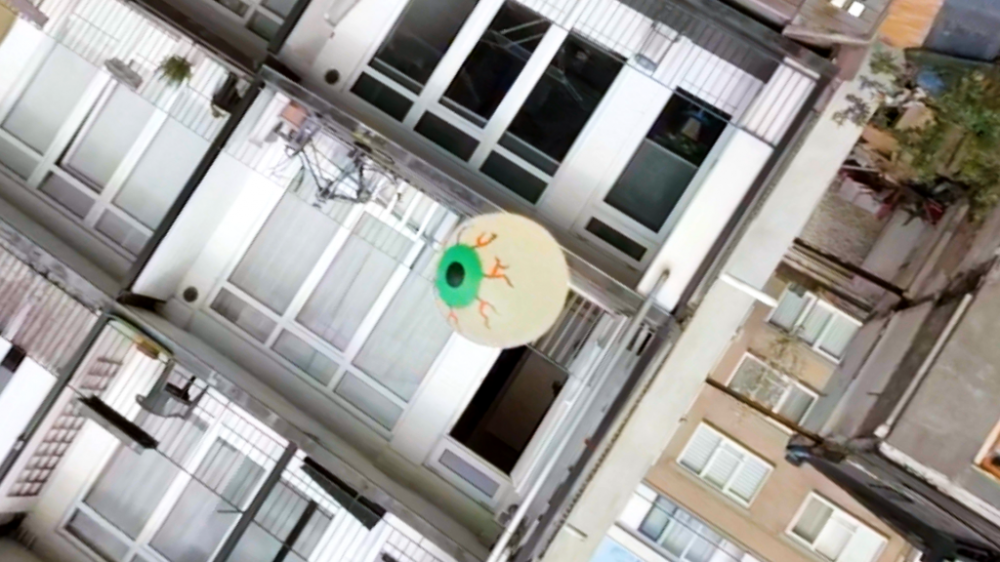
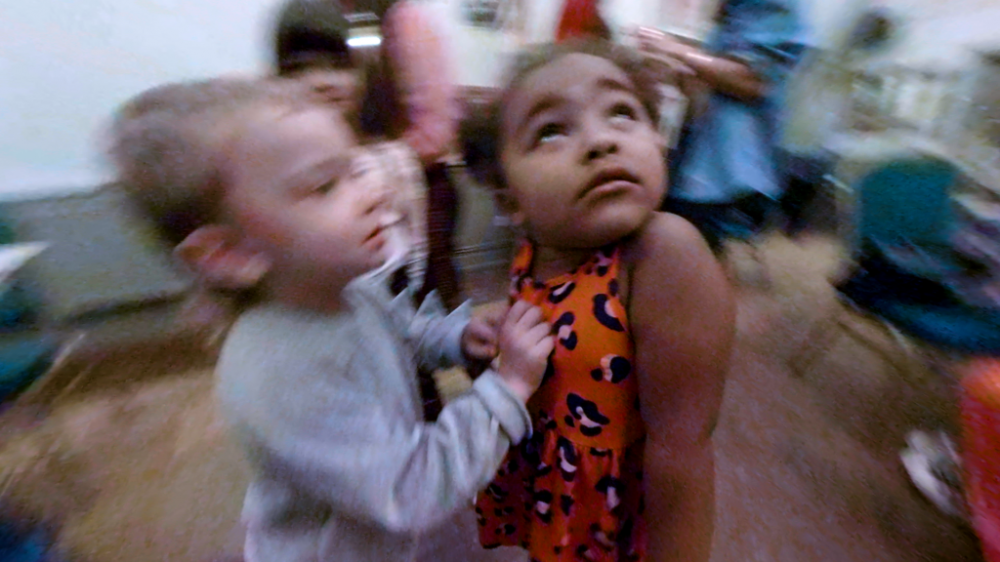
“For EYE FALL I was gathering a collection of experiments and video material, and I was curious whether they would start talk to each other and make sense as a longer form video work,” says the artist. “So my approach was to find associative links between the material – letting the connections suggest where the film should go – which lead to a kind of ambient narrative that feels like it bypasses cognitive meaning-making and instead communicates on a more instinctive level.” Prendergast extends this instinctive approach to the work’s sound design, which takes recogniseable sounds: claps, whistles, the sound of a basketball hitting concrete, manipulating them into the hiccuping score to which the film flits, interspersed with
the occasional thrum of queasy bass.
It’s just one of the tools with which the artist uses to present the everyday in new and surprising ways. The film oscillates between digitally manipulated close-up footage of children playing, interacting and talking, and strange, zoomed-out panning footage of the same, seemingly moving fluidly between a child’s eye view of a digitally reproduced world and a machine’s eye view of the naive world of children. “I began filming those around me using the same technologies we all use to depict ourselves nowadays, and wanted to explore how they can be used to suggest a different perspective – one which tries to tease out the lyricism in the small gestures,” Prendergast explains. “I was really struck by the way that kids react to cameras – they haven’t developed any preconceptions about these devices yet and so they treat the camera as just another object, which breaks down the typical in-front/behind the camera dynamic.”
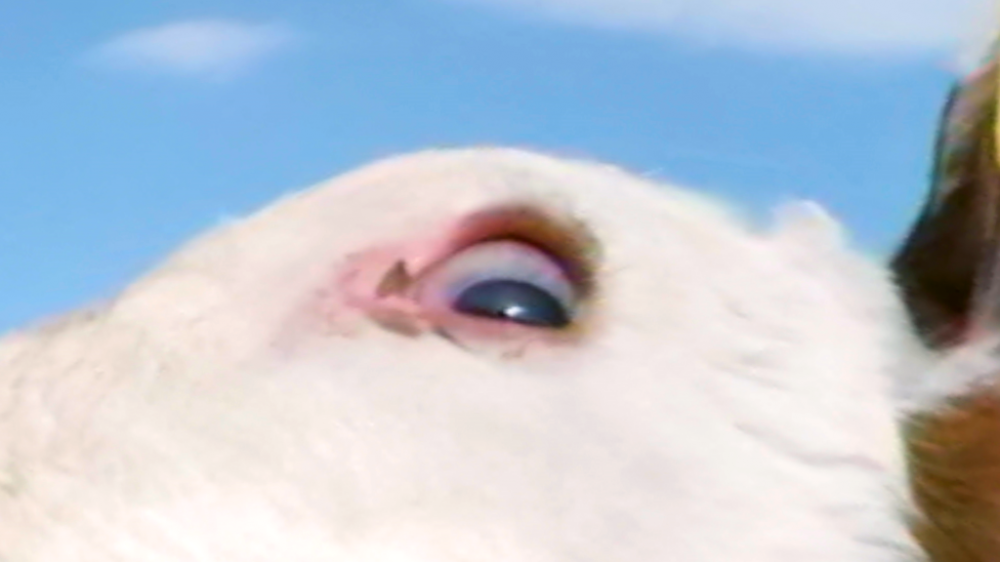
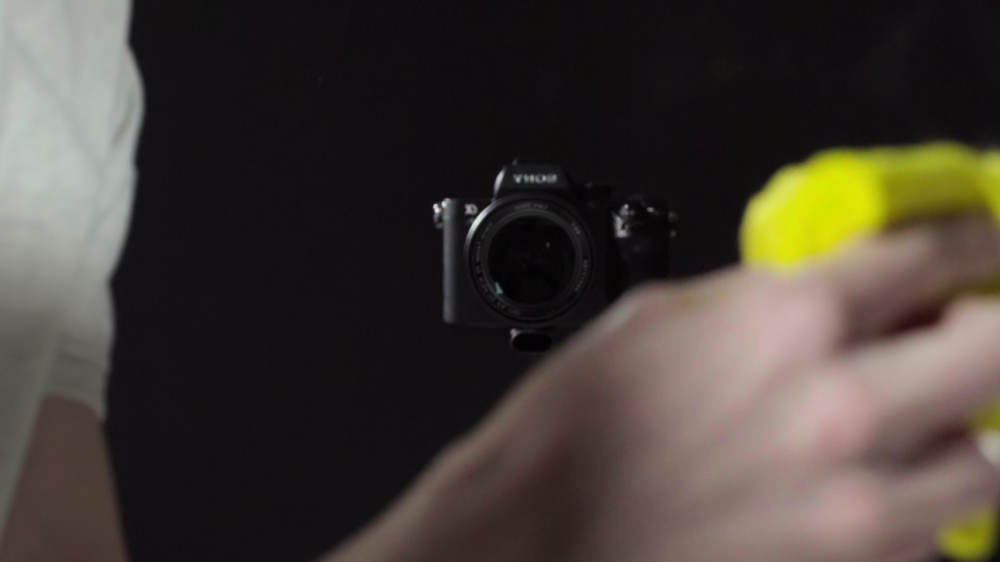
“I really like to be playful in my work,” he continues. “I’ve developed quite a fluent understanding of digital imaging tools and the languages that govern them, which means I can be quite irreverent and treat them in ways that you perhaps wouldn’t usually.” You might recognise some the techniques used in EYE FALL from Prendergast’s contribution to Mark Leckey‘s spell-binding O’ Magic Power of Bleakness installation at the Tate Britain, wherein Leckey enlisted the artist to lend his perspective shifting approach to the work’s climax. “I’m constantly experimenting and always with the aim to tease out new ways that these tools and technologies can speak,” says Prendergast. “I’m trying to fight against the ways that (visual) languages are so easily co-opted by wider power structures, to try to keep hold of some agency in this giant ad-sphere that we all find ourselves in.”
It’s within this digitally-enabled, rhizomatic view of the world viewed through small screens that the artist’s own language reveals itself. Our entry and exit into the scenes of the film is constantly diverted, with perspective shifting from animate being to inanimate object and back again in the blink of an eye. Jagged fragments of video are repeated and elongated while digital imaging techniques are tried and tested in real-time: “it does something”. The non-linear form of the film mimics the naive understanding of digital media represented in EYE FALL’s cast of children, each unable to discern the intricate camera equipment used in the making of the film from a “big evil telescope” or “laser zapper”. As the film closes on a note of concern, it’s hard not to tune in to the wider resonance of an unseen mother’s incitement to be careful. As we reach terminal velocity in the free fall of digital media, it becomes difficult to discern one thing from another.
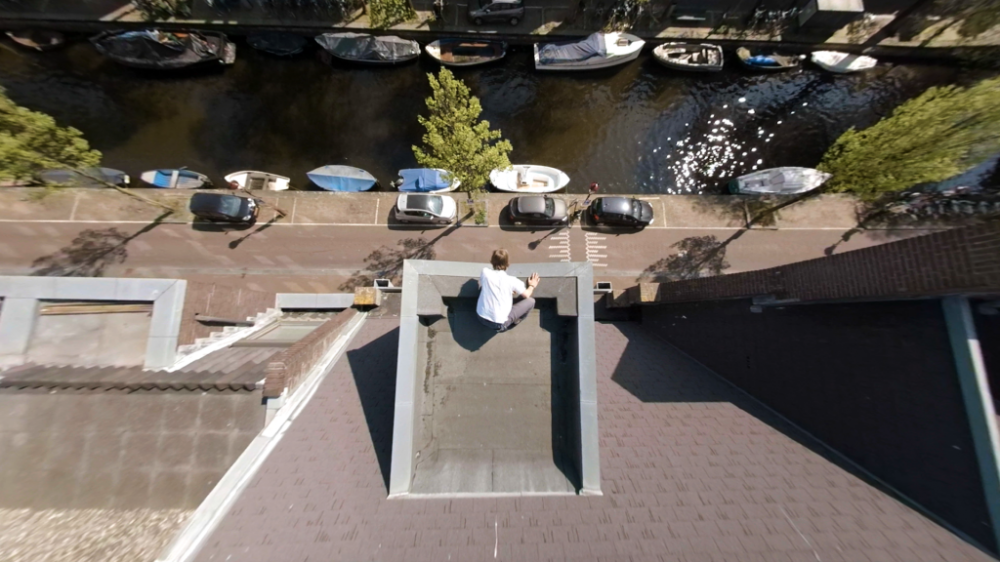
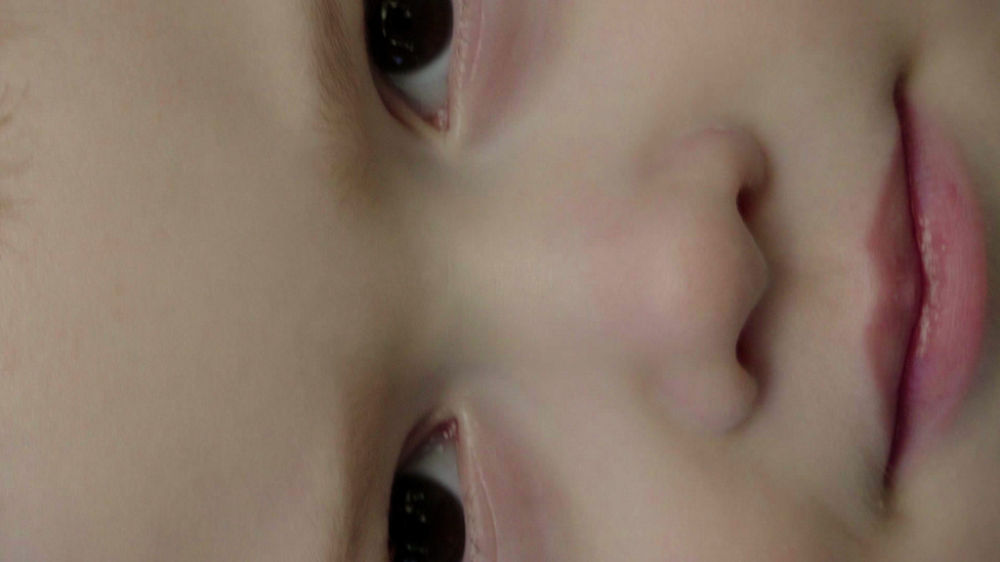
“This leads me to the struggle I’ve had with the presentation of this work online,” concludes Prendergast. “It was initially conceived as a physical six channel installation, where a viewer can spend time with each loop and enter into its world. I’m really into the reach and accessibility that putting work online provides, but the way that the currently available platforms seem to flatten everything into ‘content’ sets an audience up with a certain expectation and mode of engagement. This work is trying to question that whole paradigm.” To accompany this film, Prendergast has collaborated with
Bureau Cool to create EYEFALL.ONLINE, an interactive website “
which attempts to translate the experience of the physical installation to a digital space whilst staying true to the experiential nature of the work.”
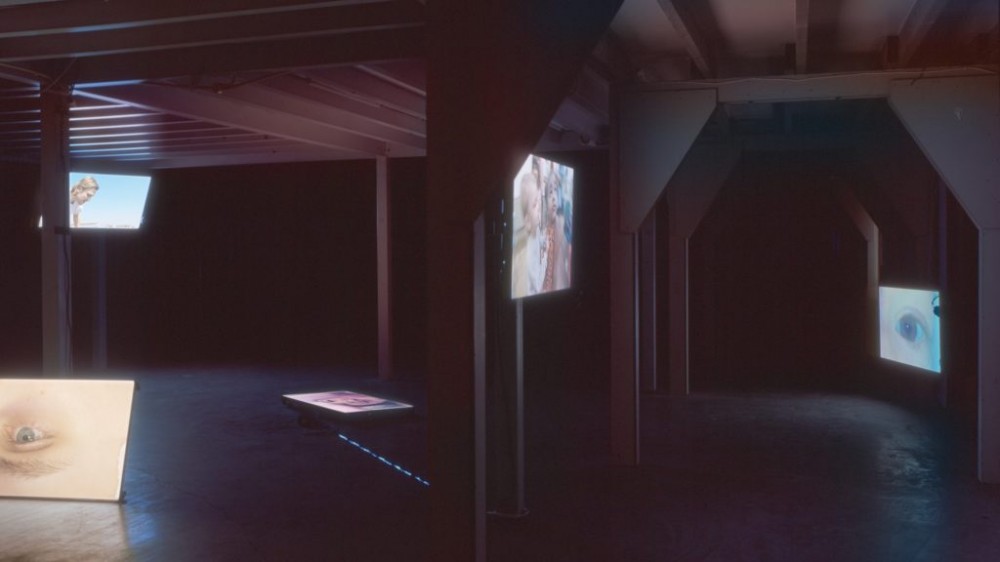
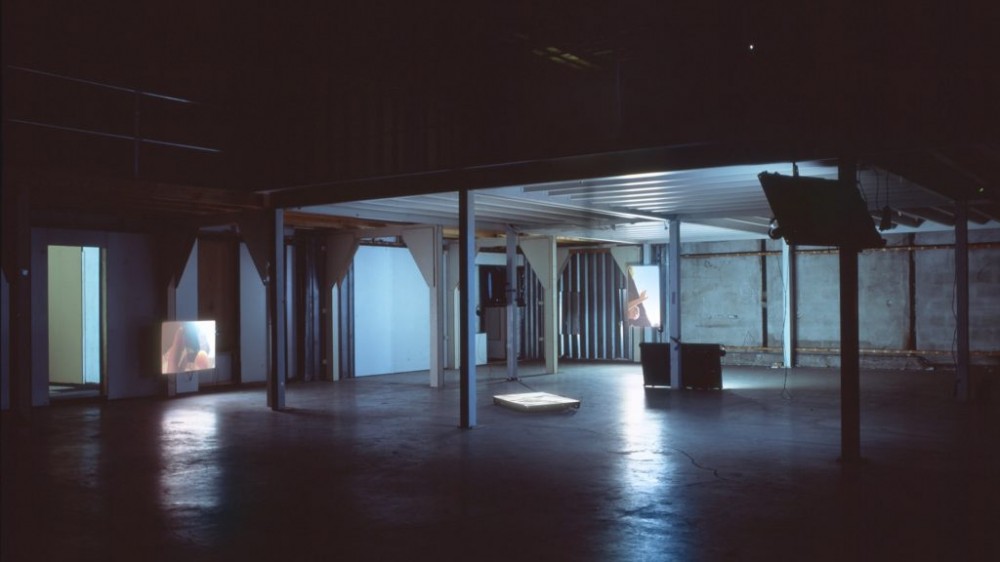
For more information about Mark Prendergast and his work you can find him on Instagram, and check out his art collective Formats And Mechanisms. You can also find Bureau Cool on Instagram.

